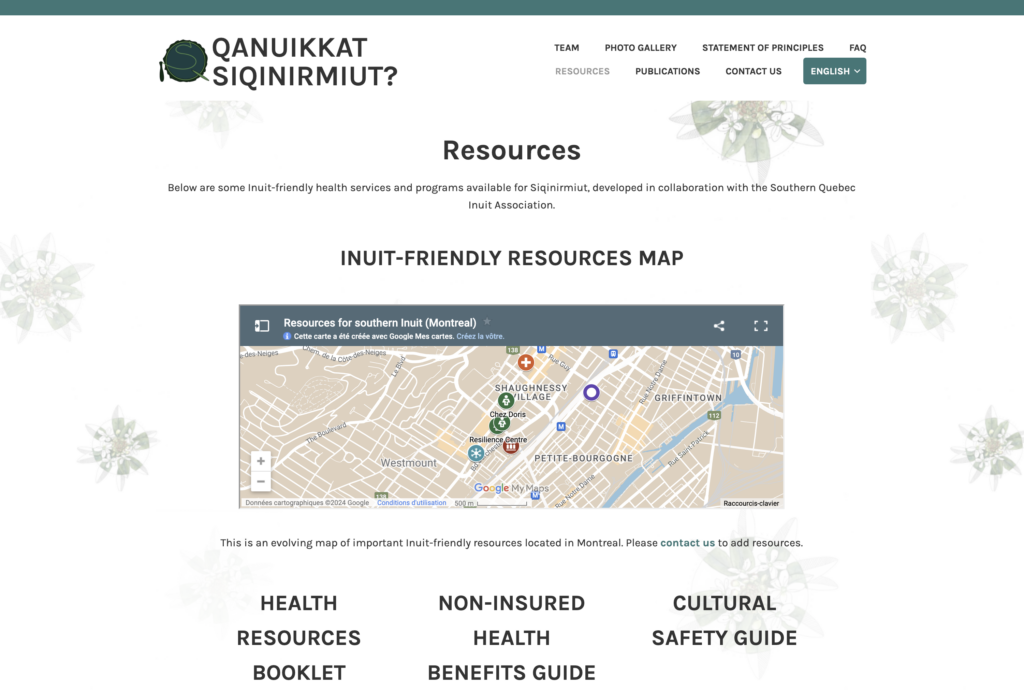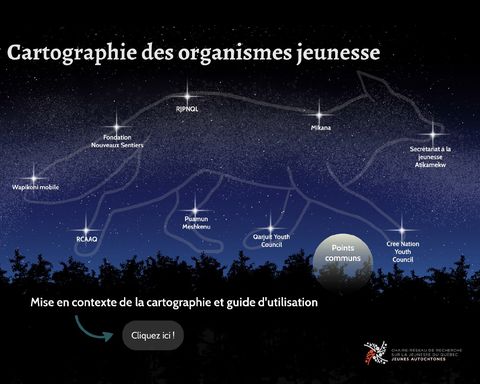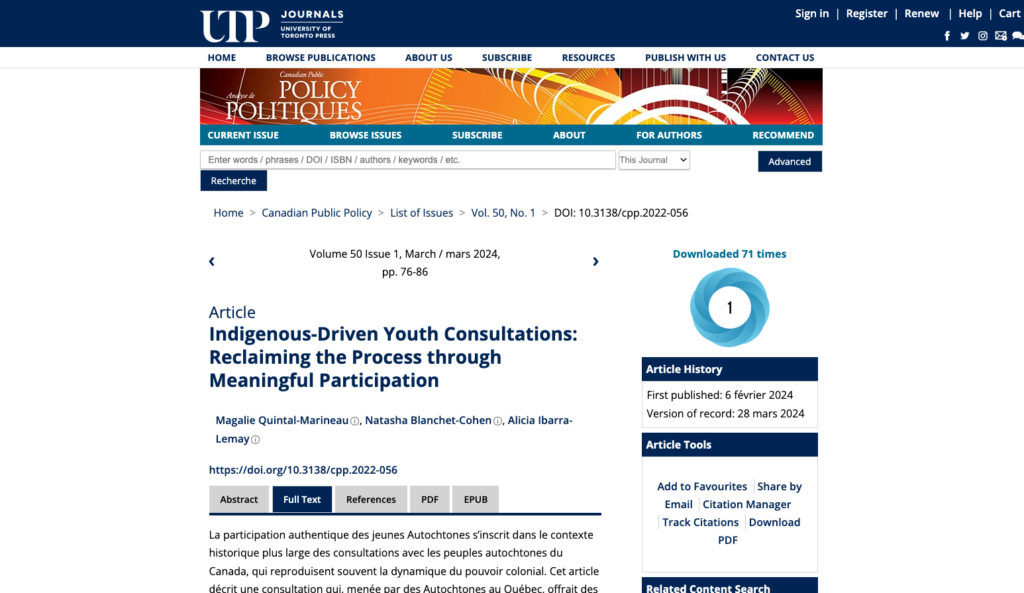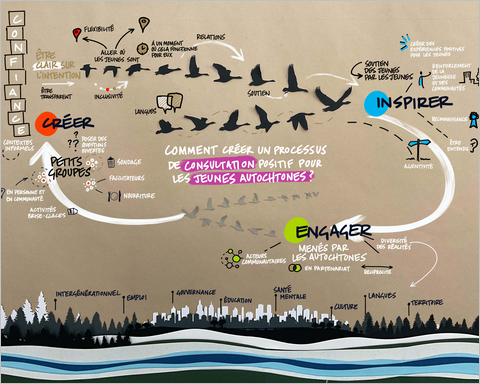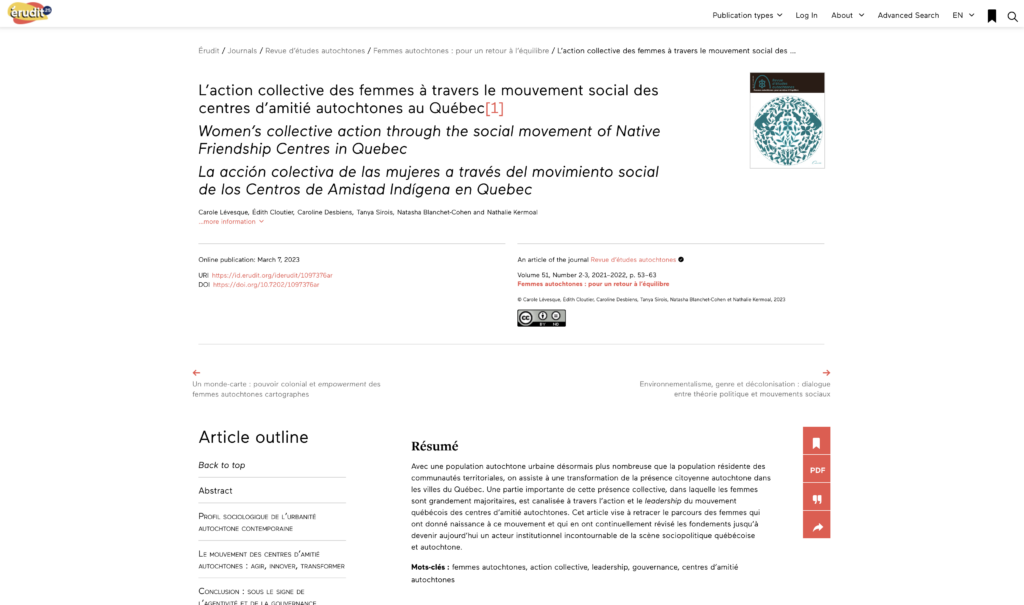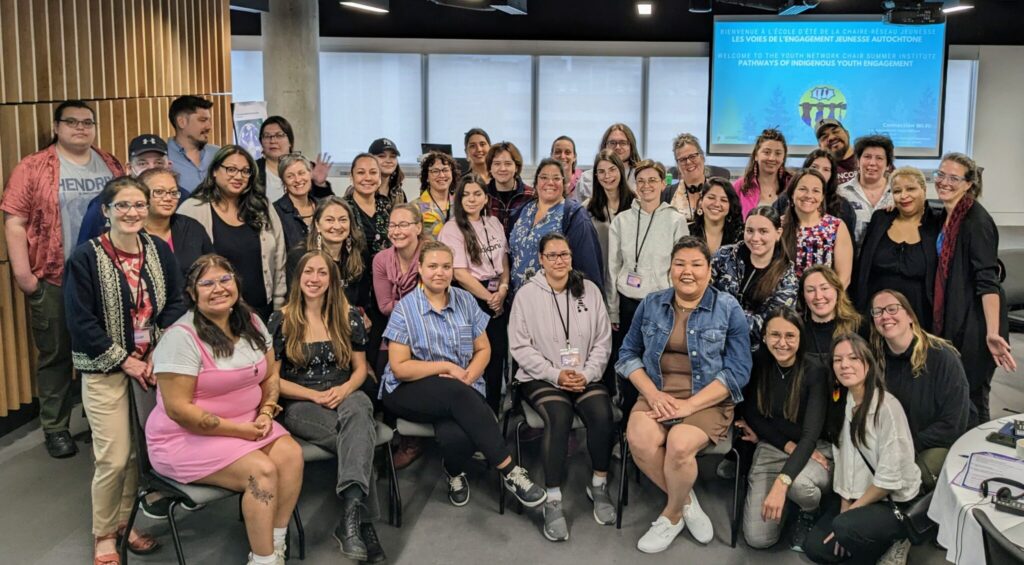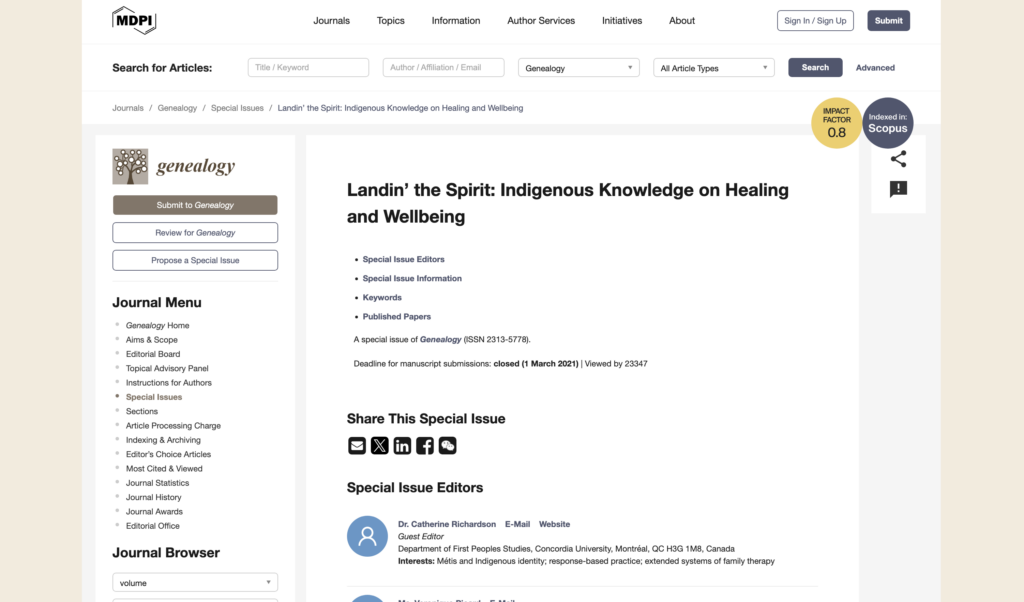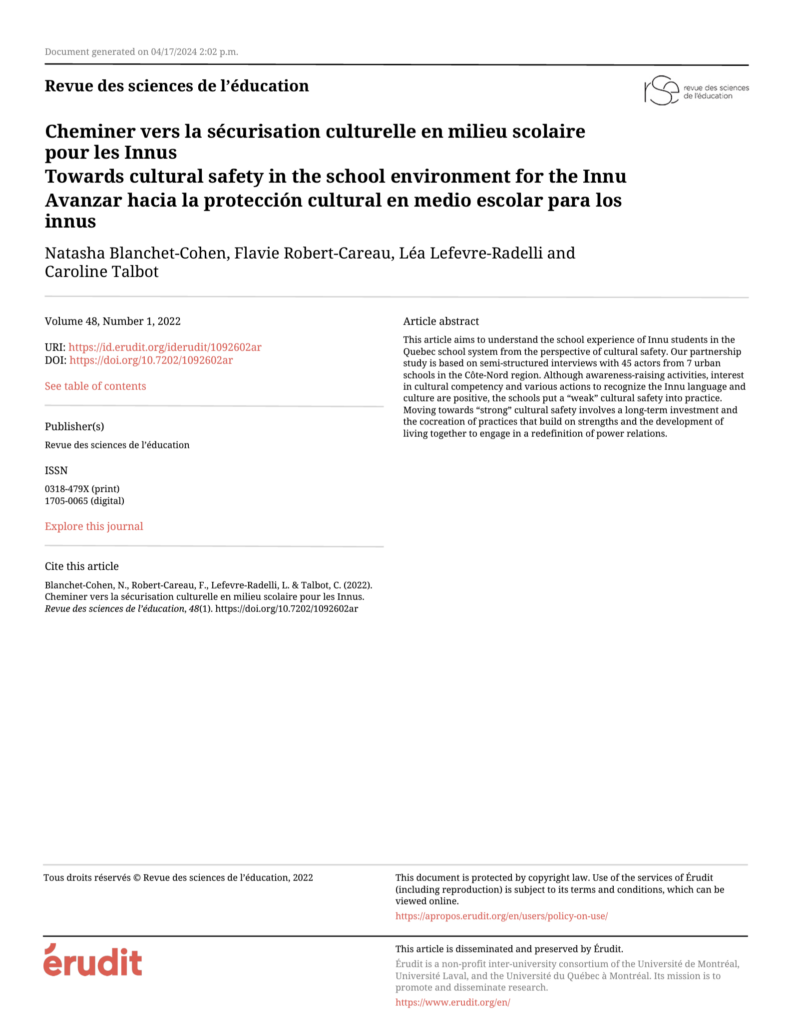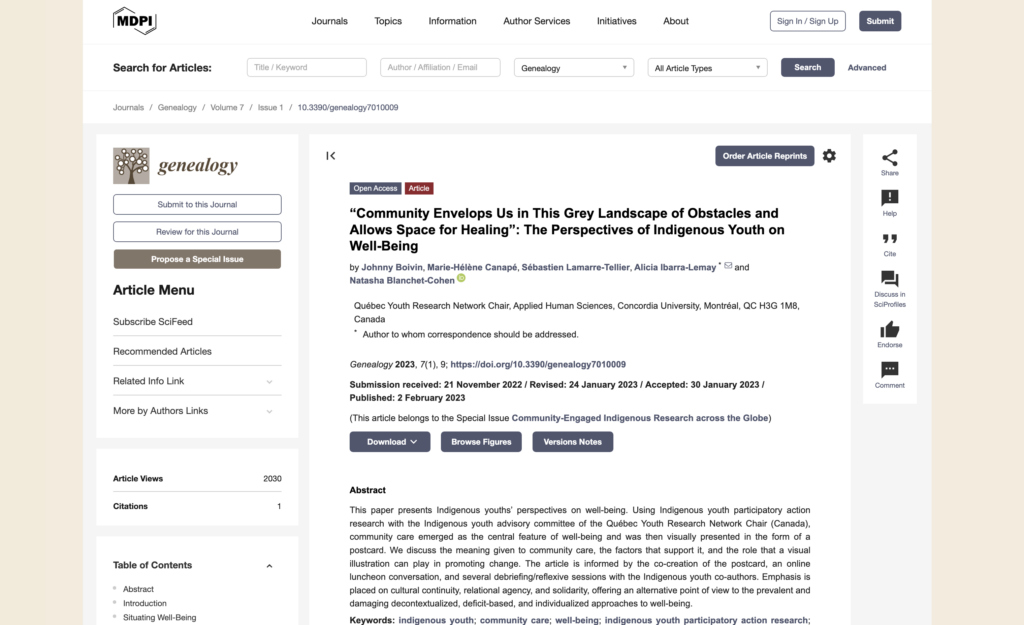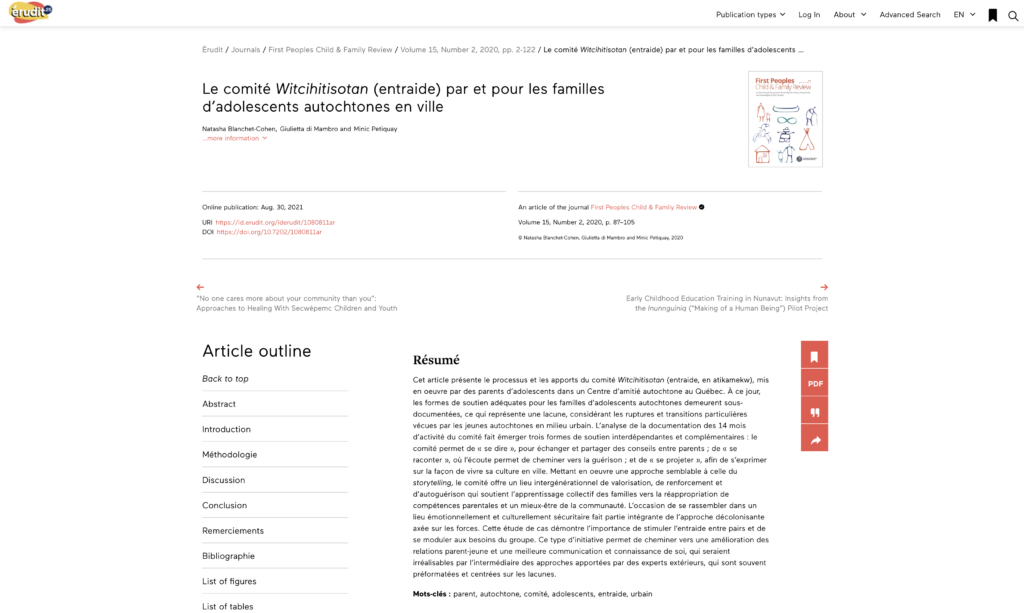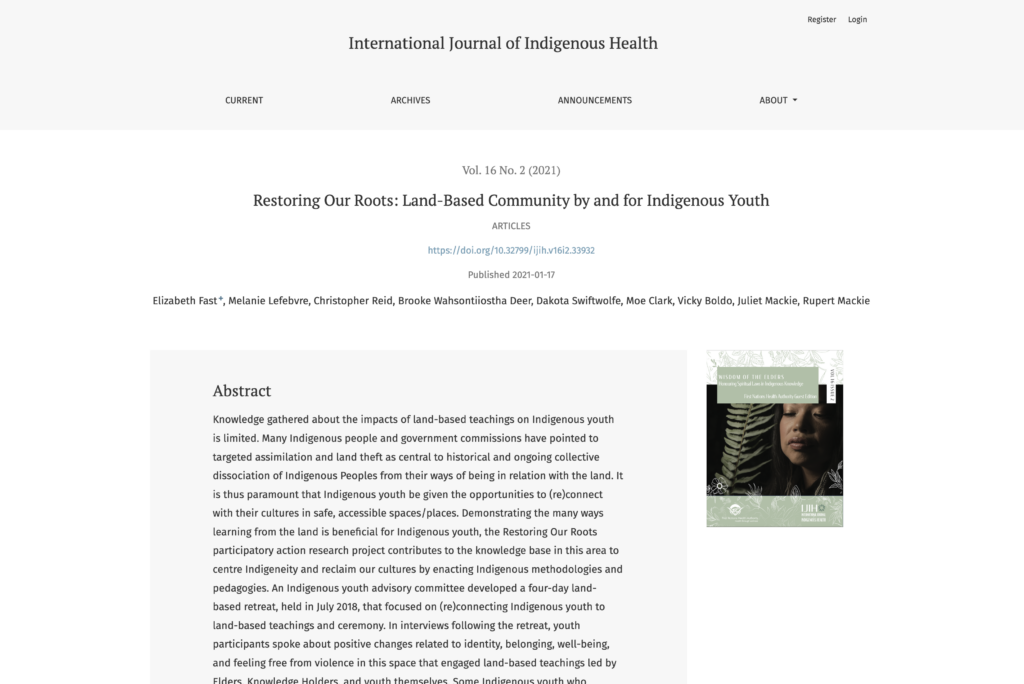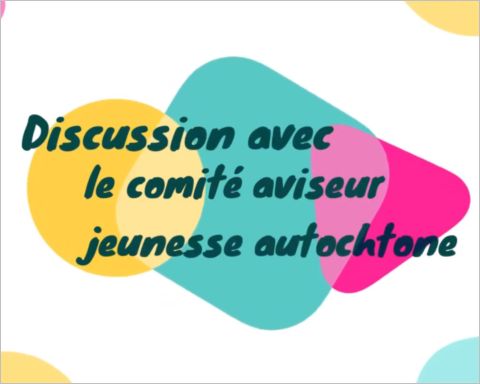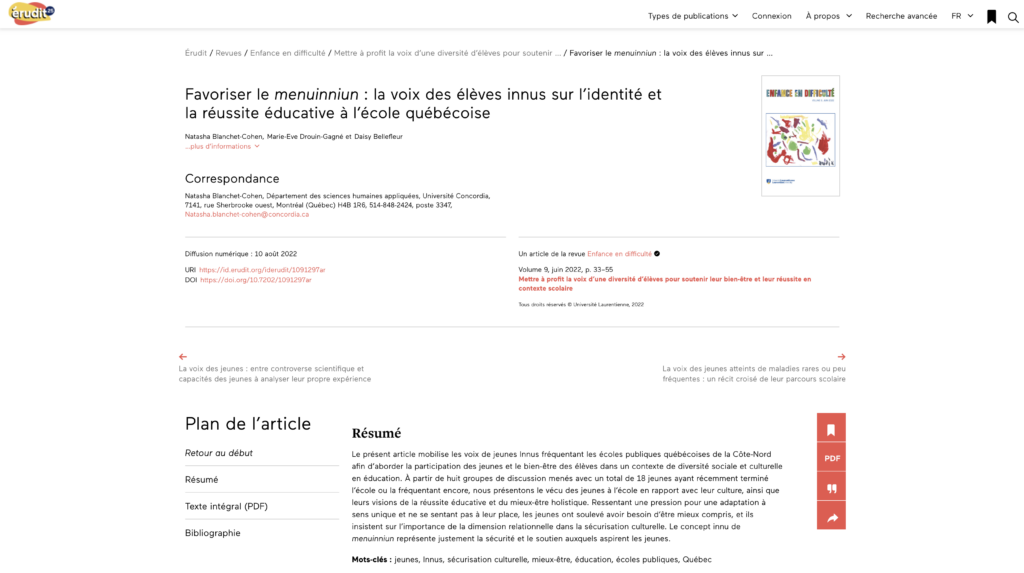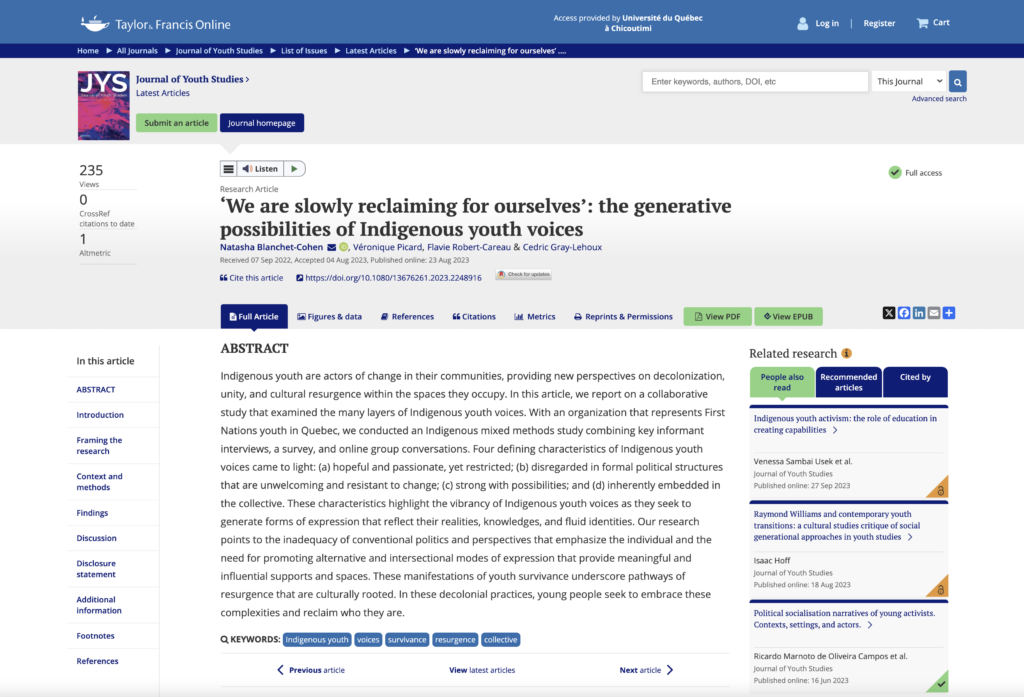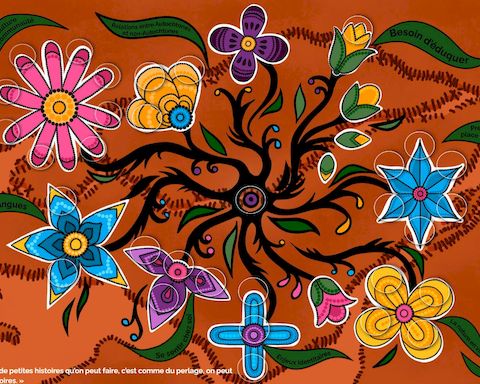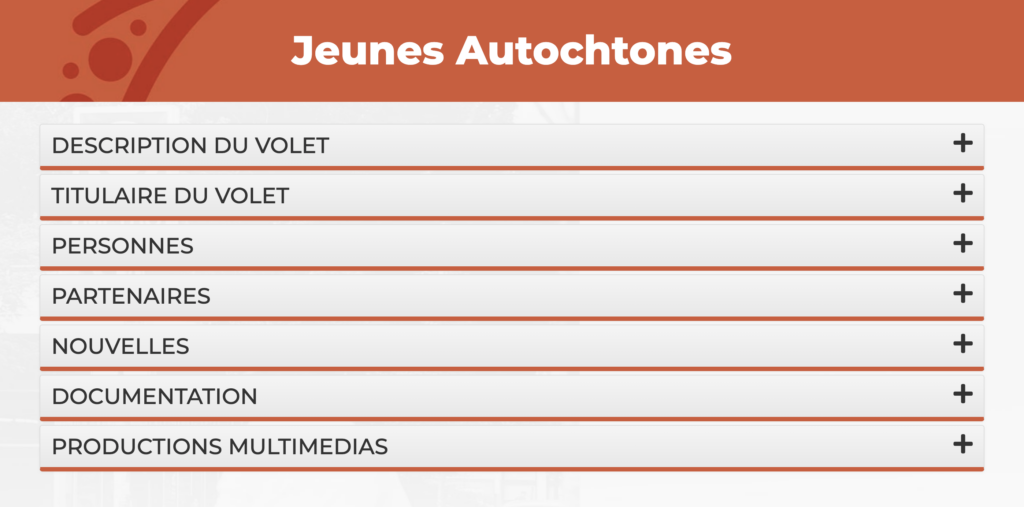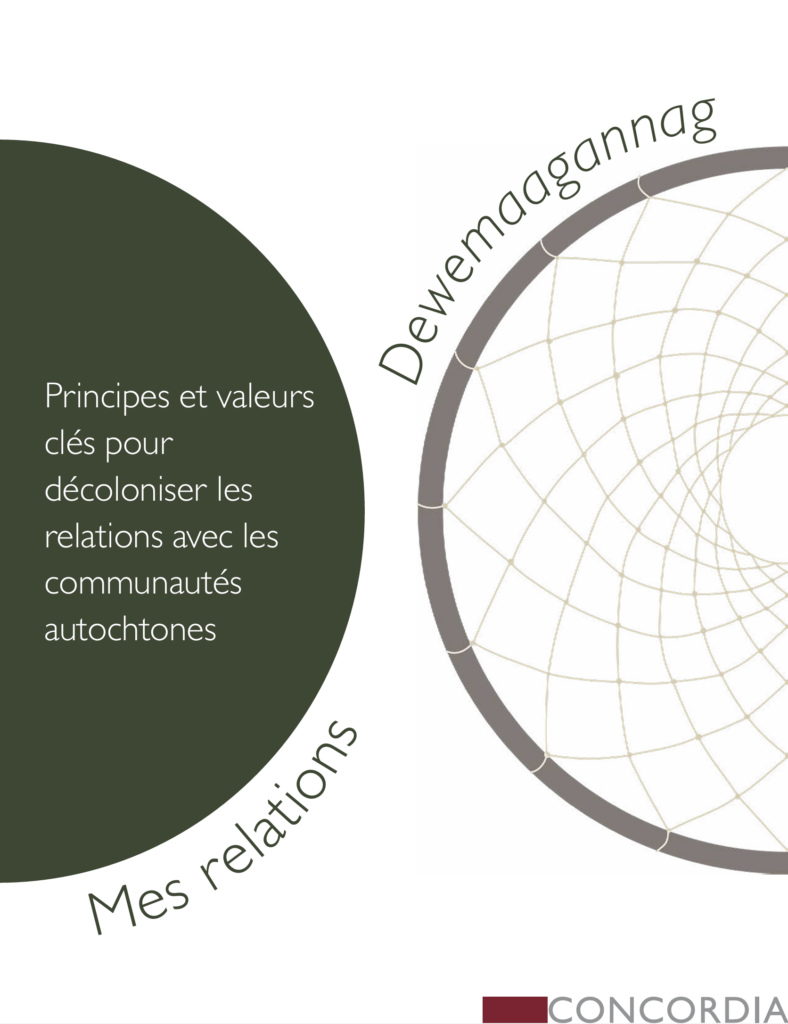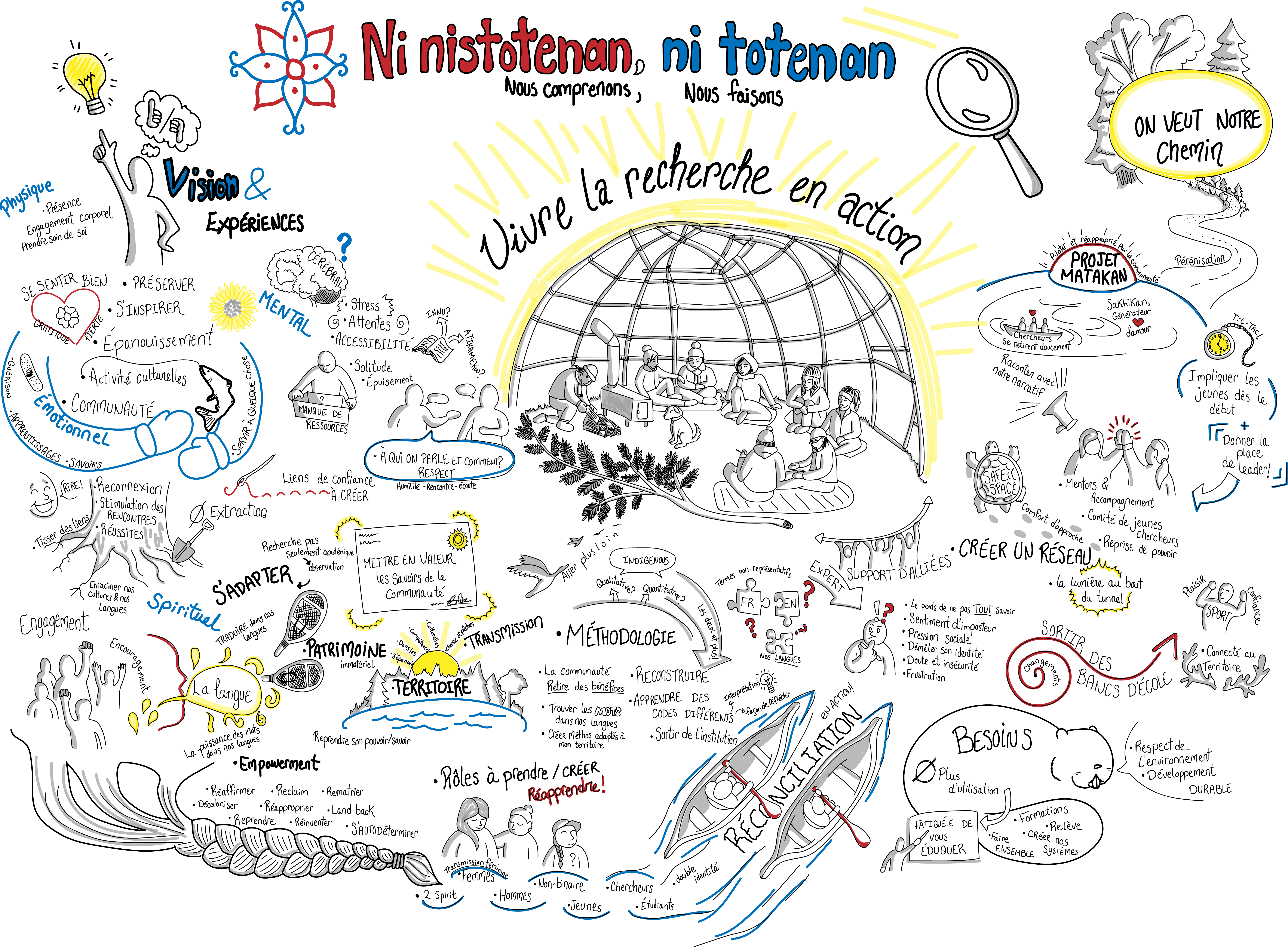Notice bibliographique
Dionne, P. (2023). Dialectical Analysis of Learning and Development through Career Counselling Groups. Dans P. Dionne et A. Jornet (dir.), Doing CHAT in the Wild: From-the-Field Challenges of a Non-Dualist Methodology (p. 127-149). Brill Publisher.
Résumé
In CHAT, one of the methodological challenges is to consider the dialectical movement between cultural-historical development and the subjective development of individuals who gain consciousness through their contribution in collective activity. In our research practice, this challenge is particularly salient when we pursue a dialectical analysis of how a subject progressively gains consciousness of her or his emotion during activity and how this consciousness affects in return the development of this activity. Very frequently, emotions are considered as individual attributes of a subject separate from material activities (Dionne & Jornet, 2019). According to Vygotsky (1987), the materiality of activity is inherently connected to the motive sphere of consciousness, which includes the emotions. Humans become particularly conscious and free with the mediation of scientific knowledge or concepts (as historical products). In our research setting, group career counselling, the meaning of emotions become often an object of learning. Facing long-term unemployment, some participants may interpret this social situation as a personal responsibility (Blustein, 2006). This can cause sadness, anger, and shame that can hinder actions toward social and professional integration (SPI) (Dionne et al., 2017). The present analysis puts emphasis on a methodology that permits to trace the discursive manifestations of systematic instruments that participants learn (in group) for attributing meaning to and managing emotions. We discuss principally how those systematic instruments serve two complementary purposes: as concepts of analysis and as tools for development in praxis. The results show that the systematic instruments, transmitted and learned in the collective activity, contribute to more control and to a greater consciousness of the relation to self, to others and to the world, which further promotes actions toward their SPI.
Hyperlien
https://doi.org/10.1163/9789004548664_006Publication du membre
Patricia DionneAppartenance aux volets










